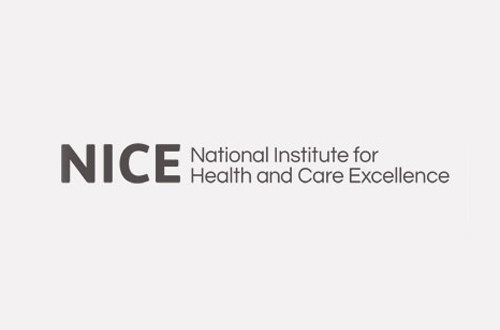
England’s National Institute for Health and Care Excellence (NICE) has become the latest health technology assessment body to turn down Cell Therapeutics’ Pixuvri for use in the treatment of an aggressive form of the blood cancer non-Hodgkin’s lymphoma.
IQWIG has already recommended against the drug’s use in Germany after it decided Pixuvri (pixantrone) provided ‘no additional benefit’ as a monotherapy for the treatment adults with multiply relapsed or refractory aggressive B-cell non-Hodgkin lymphoma (NHL).
Now NICE, which assesses the cost-effectiveness of medicines for NHS use in England and Wales, has said in draft guidance there is “insufficient evidence” to show that Pixuvri was more effective than current treatments when used in its recommended indication, in patients who have receive at least two previous treatment regimens.
Sir Andrew Dillon, chief executive of NICE, said: “For NICE to recommend a treatment, it must be shown to work at least as well as currently available NHS treatments taking into consideration any side effects that particular treatment might cause and also its cost to the NHS.
“Unfortunately in this case, the clinical trial evidence submitted to the appraisal committee highlighted a number of uncertainties that called into question the true benefit people might receive from this treatment,” he added.
These uncertainties with the PIX301 clinical trial included the failure to recruit the planned number of patients and Cell Therapeutics choosing complete or unconfirmed complete response to treatment as the primary endpoint, rather than overall survival or progression-free survival – the endpoint preferred by European regulators.
NICE also noted that only just over half of patients in the trial had previously received Roche’s MabThera (rituximab) despite it being part of standard first-line treatment in the NHS for NHL.
To compound this, NICE said there was a lack of statistically significant difference in overall survival between treatment arms in the PIX301 trial.
A consultation on this draft guidance is now open until May 1, 2013, during which Cell Therapeutics can respond to NICE’s comments.
“We believe strong support among UK lymphoma experts and the data in the labelled population of patients with aggressive B-cell NHL who failed two or three prior lines of therapy demonstrates Pixuvri is a cost-effective therapy for this end-of-life disease population,” said Dr James Bianco, president and CEO of Cell Therapeutics.




